A mate pinged me an article the other day titled ‘ChatGPT May Be Eroding Critical Thinking Skills, According to a New MIT Study‘. Crikey—MIT, those clever folks! Anyway, they rounded up 54 brave souls, aged 18–39, and got them scribbling SAT-style essays. Group A had ChatGPT, Group B had trusty old Google, and Group C had nothing but their noggins. All participants were wired up to EEG machines, proper sci-fi stuff, to see what their brains were up to.
Turns out, Group A—armed with AI—had brains about as active as my old smartphone on a chilly morning: pretty sluggish. They showed the least neural activity, minimal creativity, and seemed to lean heavily on copy-paste tricks, producing work with all the originality of a photocopier stuck on repeat.
Group B—the Google warriors—fared better, showing lively brainwaves and decent satisfaction levels. Seems traditional Googling still ticks those cognitive boxes nicely.
Meanwhile, Group C (the brave, AI-free crew) absolutely bossed it. Their brains lit up like Blackpool at Christmas, especially in those alpha, theta, and delta bands—the prime spots for creativity and memory. Plus, they genuinely felt chuffed about their work. Hats off to the human touch!
Now, I’m no brain surgeon—barely know my frontal lobe from my elbow—but peering through my amateur telescope at this data makes me wonder if the ChatGPT crew might at least feel a tad less stressed than their counterparts relying solely on brainpower. Personally, I’d slot neatly into Group B, juggling both Google and ChatGPT, mainly to stop my brain from overheating when recall or verification becomes too taxing.
Speaking of the workforce, it’s no secret business leaders have been grumbling for yonks that Gen Z are a lazy bunch. But perhaps they’re just misunderstood. Gen Z simply value different things—like work-life balance and flexibility—over the rigid, old-school work ethic. Lazy, or just smarter priorities?
I grew up before Facebook, TikTok, Instagram, or any sniff of AI, and I do occasionally wonder how different life would’ve been with these digital companions shaping my thoughts and actions.
Potential Negative Impacts (the scary bits):
- Creativity Crisis: Leaning too heavily on AI could leave our creative muscles weaker than a cuppa made with recycled tea bags.
- Tech Dependency: We risk turning into helpless zombies without our AI assistants, unable to think our way out of a paper bag.
- Motivation Meltdown: Constant AI reliance might drain job satisfaction quicker than a punctured paddling pool.
What This Could mean for the Office Gaffers:
- Training Rejig: Firms might have to spice up training programmes, mixing AI know-how with good old-fashioned thinking skills.
- Role Remix: Jobs could morph into hybrid roles, balancing human flair with a dash of AI support rather than being fully automated.
- Policy Tweaks: Expect new office rules about when and how to unleash the AI genie to protect our precious cognitive sparks.
Strategic Tips for a Smashing Workplace:
- Adopt a “humans first, AI second” mantra to keep minds sharp and creativity buzzing.
- Use AI wisely, but sprinkle plenty of tasks that need genuine human intuition and originality.
- Regular check-ins on how AI is influencing productivity and team happiness—keep everyone bright-eyed and bushy-tailed.
Bottom line? Cleverly weaving AI into work-life without ditching human wit and wisdom is the ticket to future-proofing our workplaces. Keep calm, stay quirky, and balance that AI!

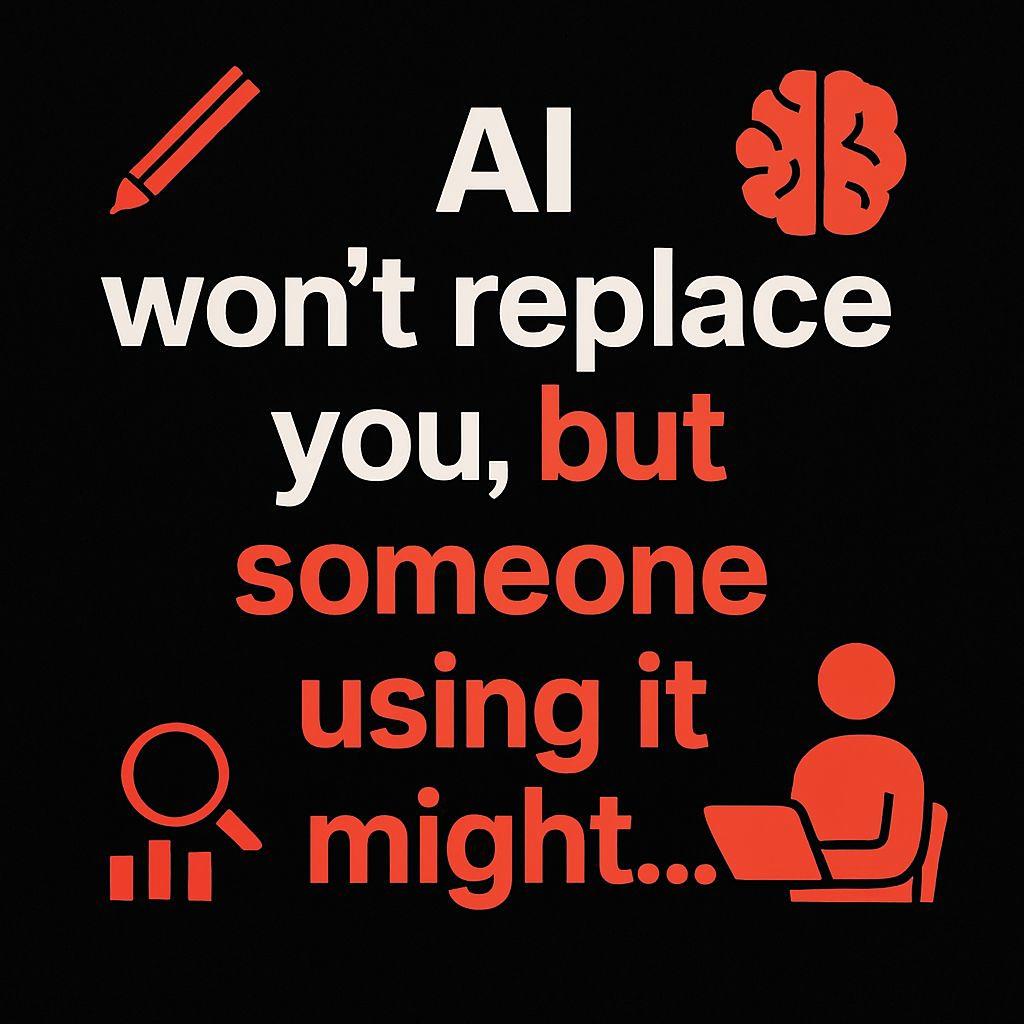
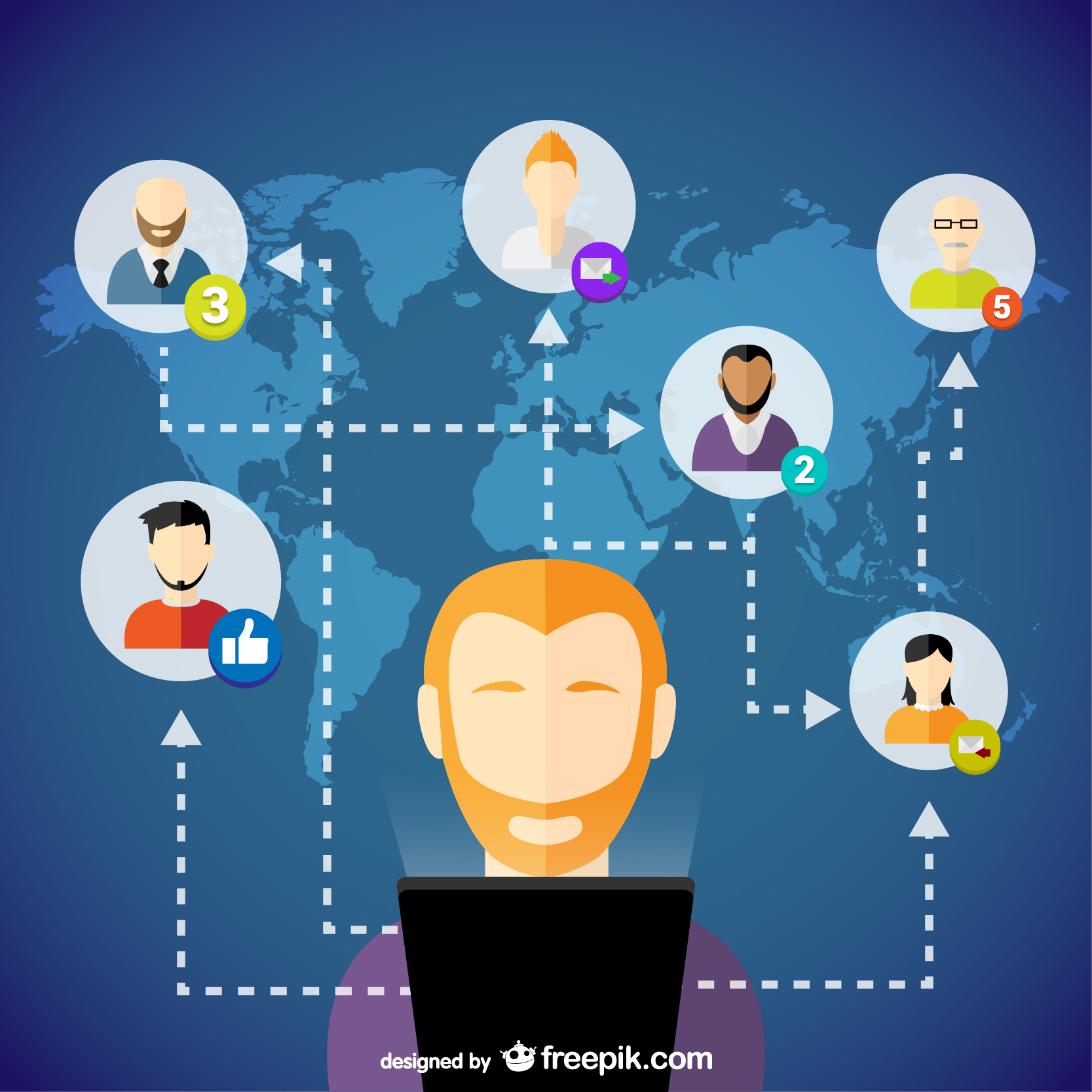
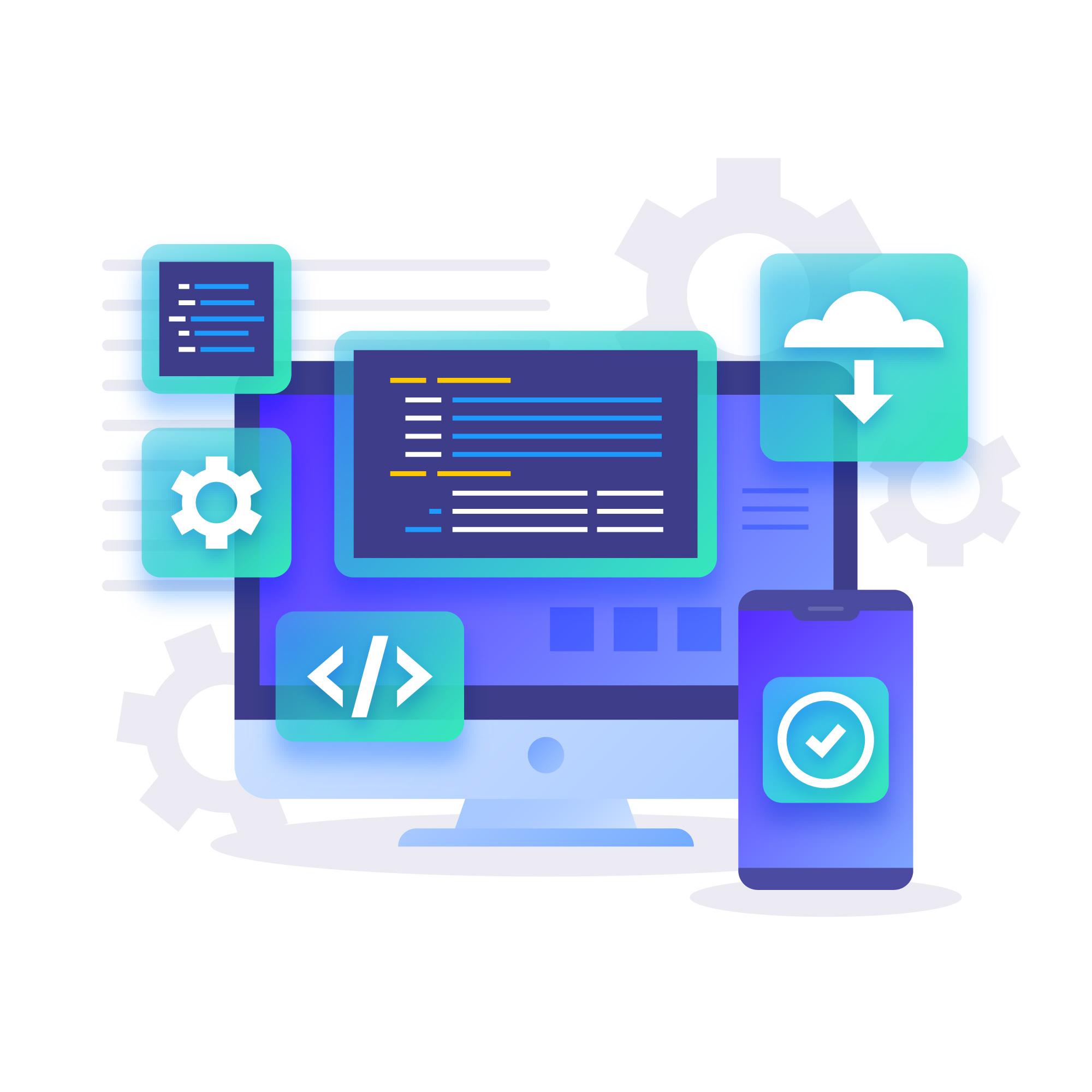
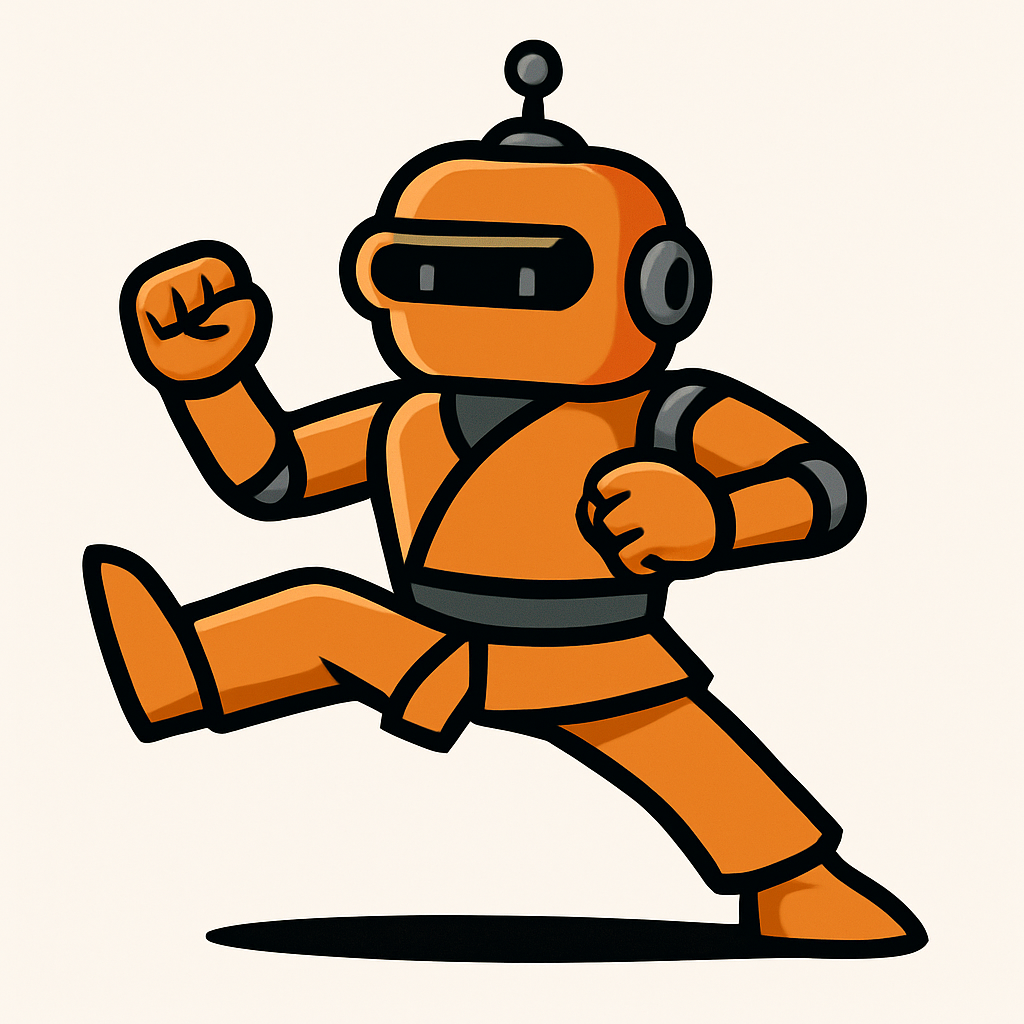
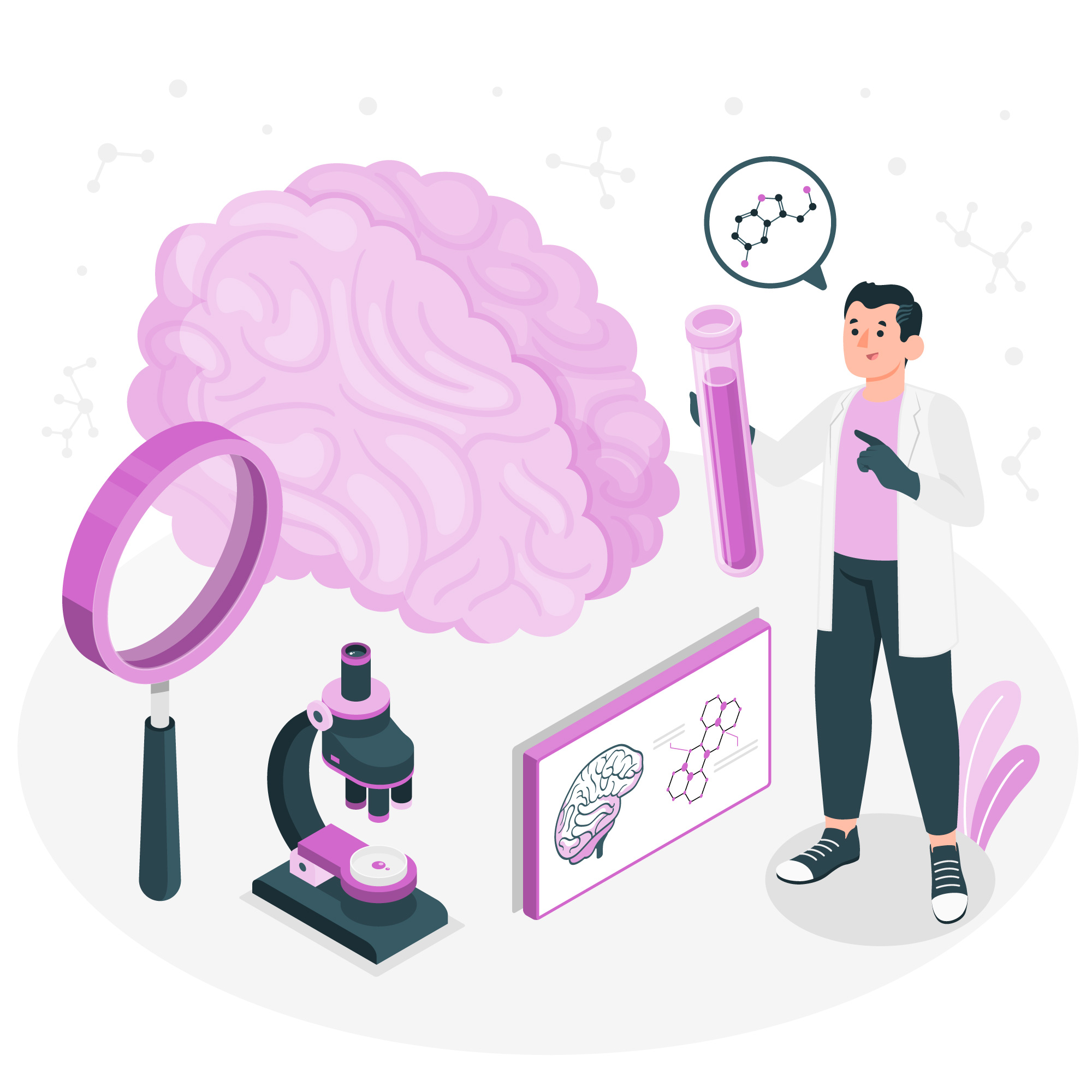
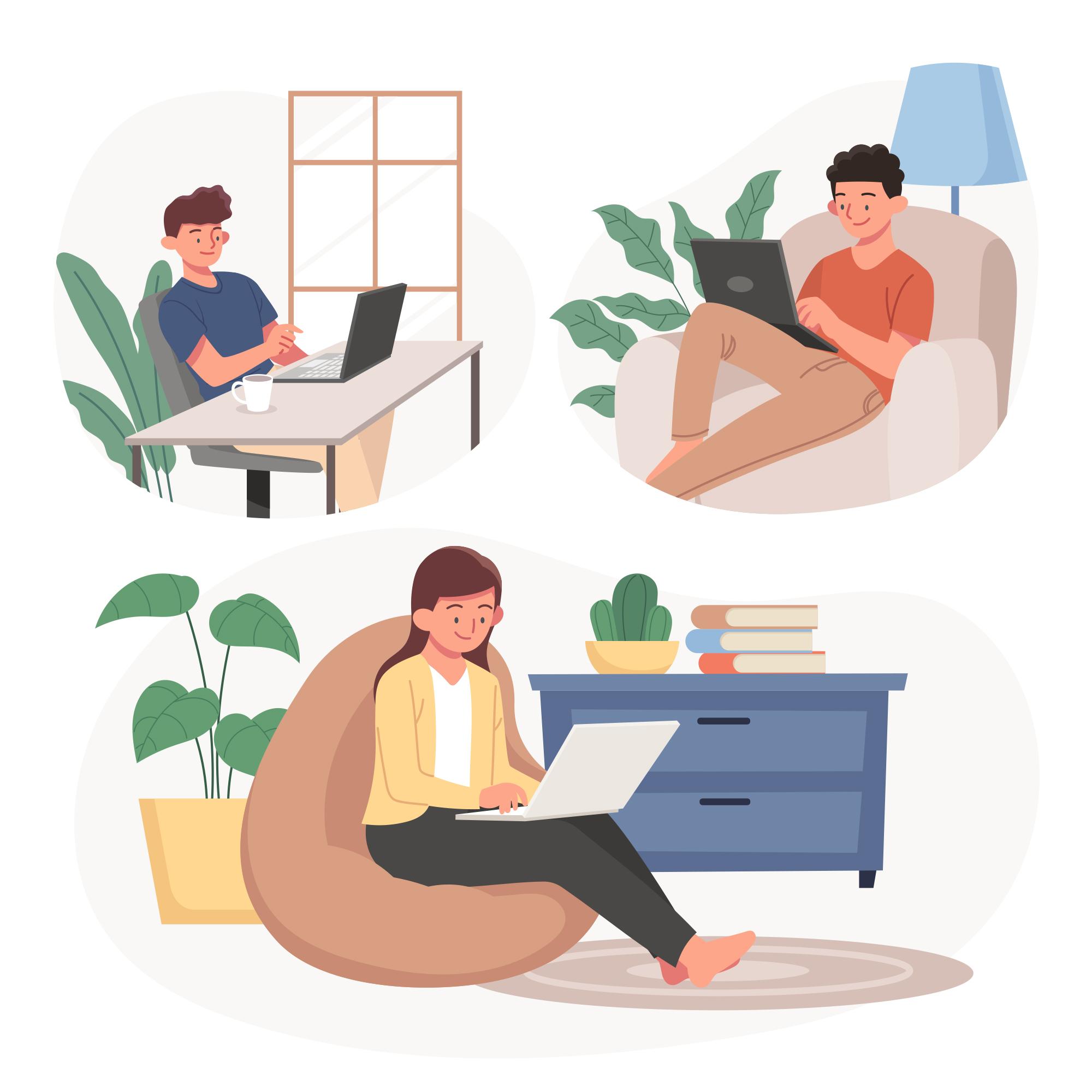
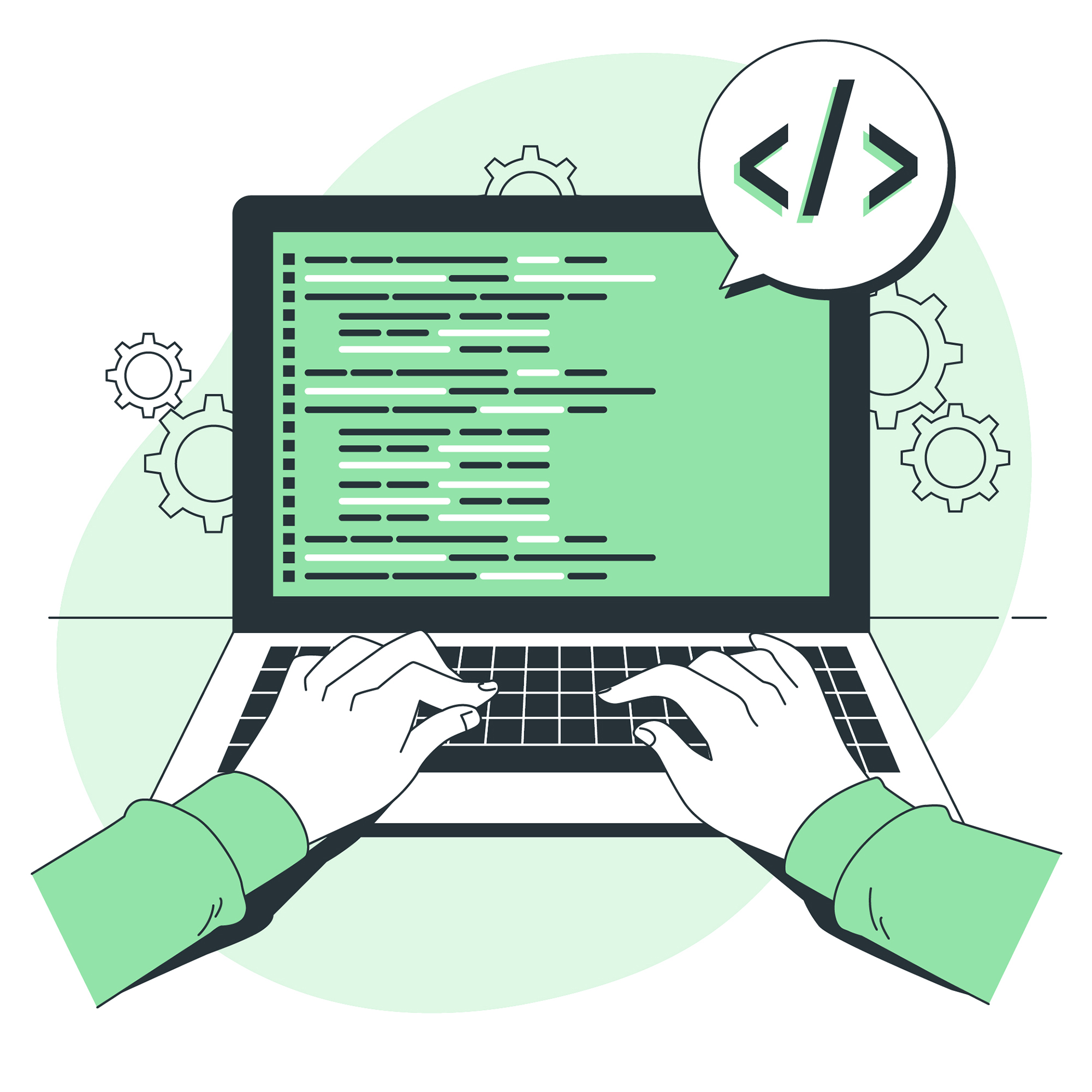
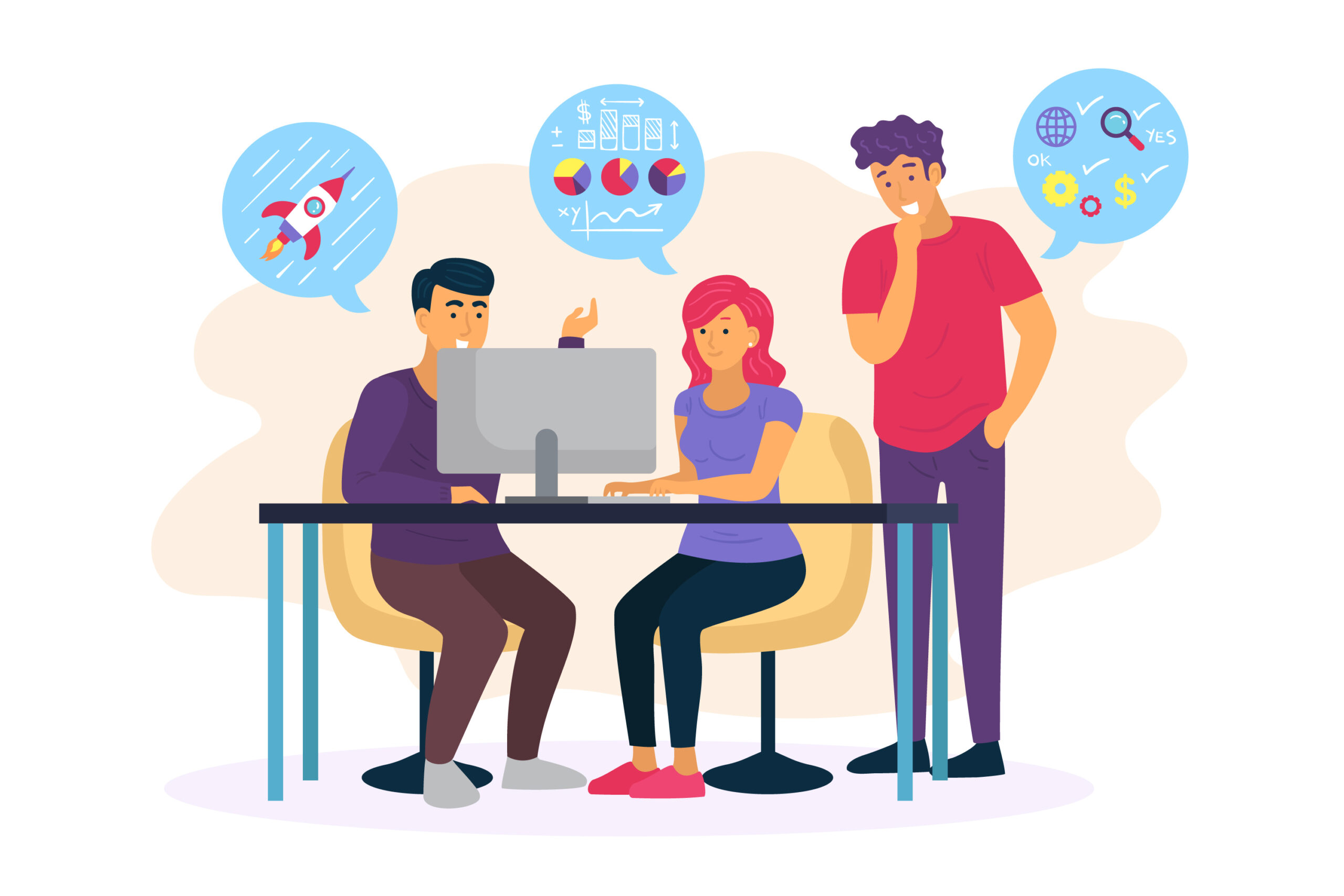
Leave a Reply